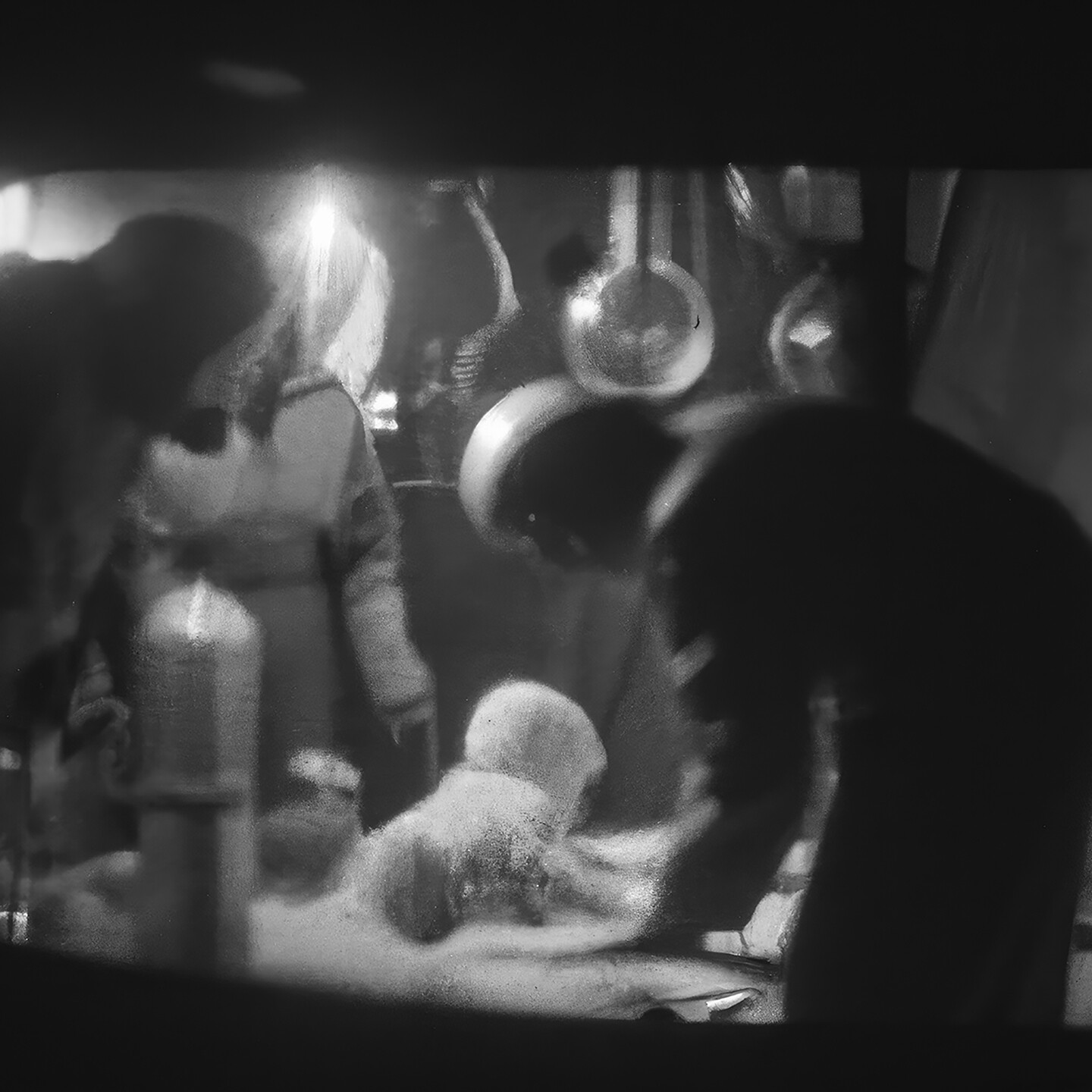May 20–November 26, 2023
Giardini della Biennale
30122
Italy
Hours: Tuesday–Sunday 11am–7pm
koreanpavilion2024@gmail.com
Artists : Soik Jung, Kyong Park, Yehre Suh, WoonGi Min, Yerin Kang, Lee Chi-hoon, Zoosun Yoon, Ahram Chae, Nahyun Hwang, David Eugin Moon, Wolsik Kim, Jaekyung Jung.
2086: Together How? asks why are we so “isolated” when we are supposed to be so “connected” through globalization of information, finance, and even culture? Why are we so insecure about our future when so many of us are living at unprecedented levels of wealth, consumption, and freedom? Why is then the doctrine of Progress taking us closer to extinction than to our perfection that it promised?
They together make us to wonder if 1492 is when the “Climate Endgame” began. Evidence of this is the Great North Atlantic Garbage Patch, created by the gyre that enabled Columbus to reach America, which then brought the triangular trade of slaves, cottons, textile and beyond. The Great North Pacific Garbage Patch, now six times bigger than South Korea, enabled Spanish Empire to pay its trade deficit with the silver and gold that extracted from the mountains of Peru and Mexico. Together they show that the emergence of Western colonial imperialism was intimate with nature, and that these garbage patches is where Progress meets its ends. They are growing monuments that proves that we now are the slayer of the earth, no more its caretaker.
The point of this project is that the environmental crisis has a history and is not only about recent or upcoming pillages. Forgetting centuries of industrial, agricultural, and technological pollutions by the masters on colonial lands, is nothing less than extending the privilege of the colonial era into the environmental era. Climate remediation requires reversing the colonial gyres, where reparations of the past colonial exploitations is the first step in our reconciliation with nature.
To be indicted is the “Triad of Progress”—higher population, higher production, and higher consumption—the most spectacular power that the West has brought onto the destruction of our planet. In elevating the “capitalism of necessity” to “capitalism of desires,” nature became the sacrificial victim to the voracious “creative destruction” for our everlasting prosperous life. Unable to stand against the freedom of consumer’s choice, our most popular form of democracy, we are not citizens anymore, just trekked consumers to further income inequality.
Moreover, our “con-sumptuous” happiness is not for everyone, as we are not all equal in this wonderful world of voodoo capitalism and autocracy. Like in the “we were not all in this together” Covid-19, the climate changes would likely favor the dominant race, economy, and geography. Racism and colonialism, deeply sown into us and nature by colonialism, may rise ever more in the future of scarcity, not plenty. In a race against time, environmental stats have become the tarot cards to our destiny. But they are just greenwashing scapegoats that the problems are all “out there.” But the crisis is not in the environment. Instead, it is deep within our broken selves as a civilization since 1492.
2086: Together How? wishes to interrogate our Faustian ideology of progress and how we have sought unlimited material pleasure through industrialization, colonization, and globalization. The exhibition asserts that not only the climate change will force us to make a better ecocultural paradigm, but it may also be our best and last chance to become a humanity.
Central to the exhibition is “The Game of Together How,” a quiz show that invites the viewers to make choices on social, political, and economic issues that impacts the climate endgame. The installation is surrounded by three collaborations between architects and community activists on future possibilities in a big and a small city, and rural communities in South Korea. They present concepts and designs across the urban and rural, and center and peripheral divides, together imagining a better eco-cultural paradigm. They will be accompanied by a video project about a fictional “child-god” who can predict the future of our climate and humanity. —Kyong Park
Opening hours
May 20–September 30: 11am–7pm
October 1–November 26: 10am–6pm





